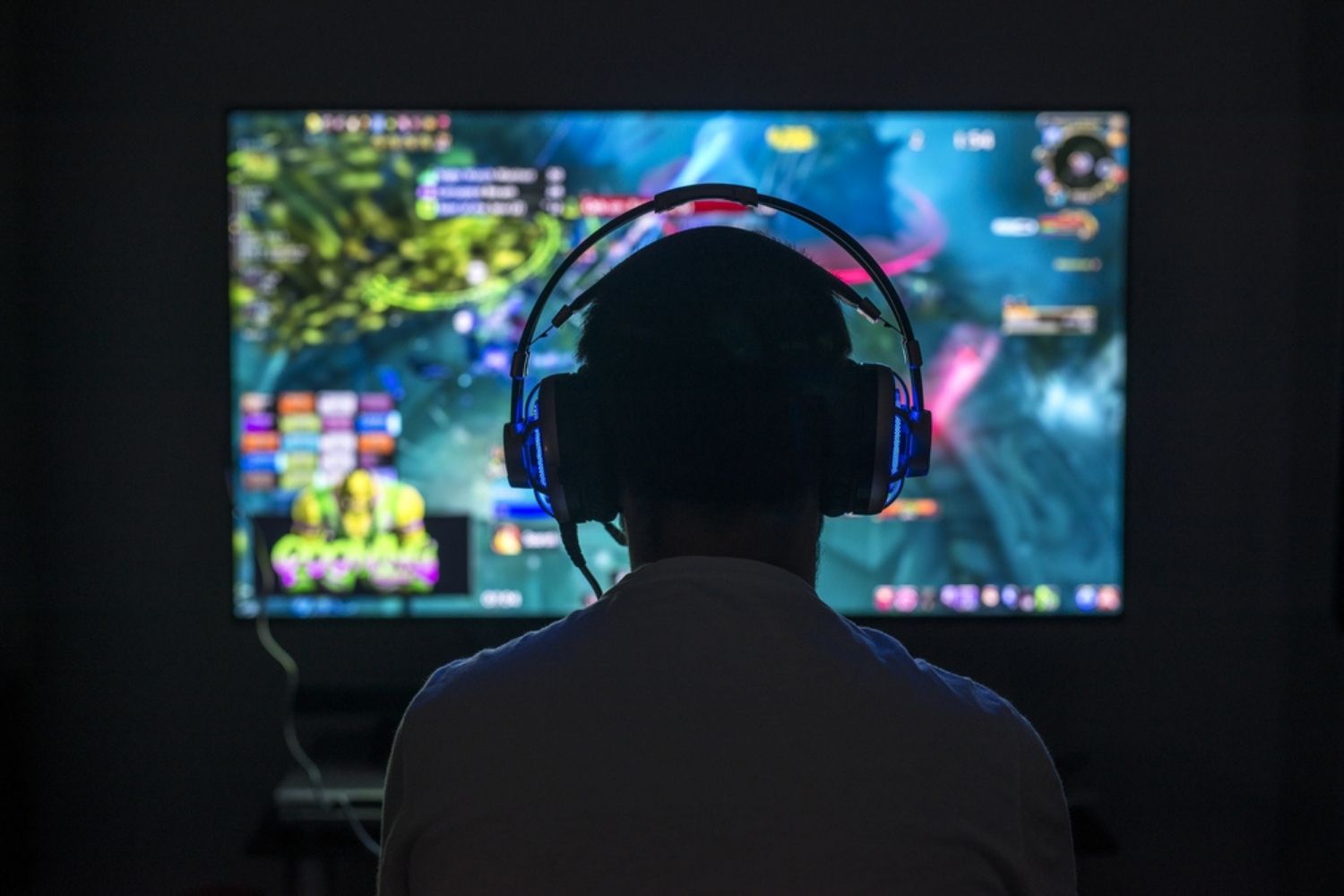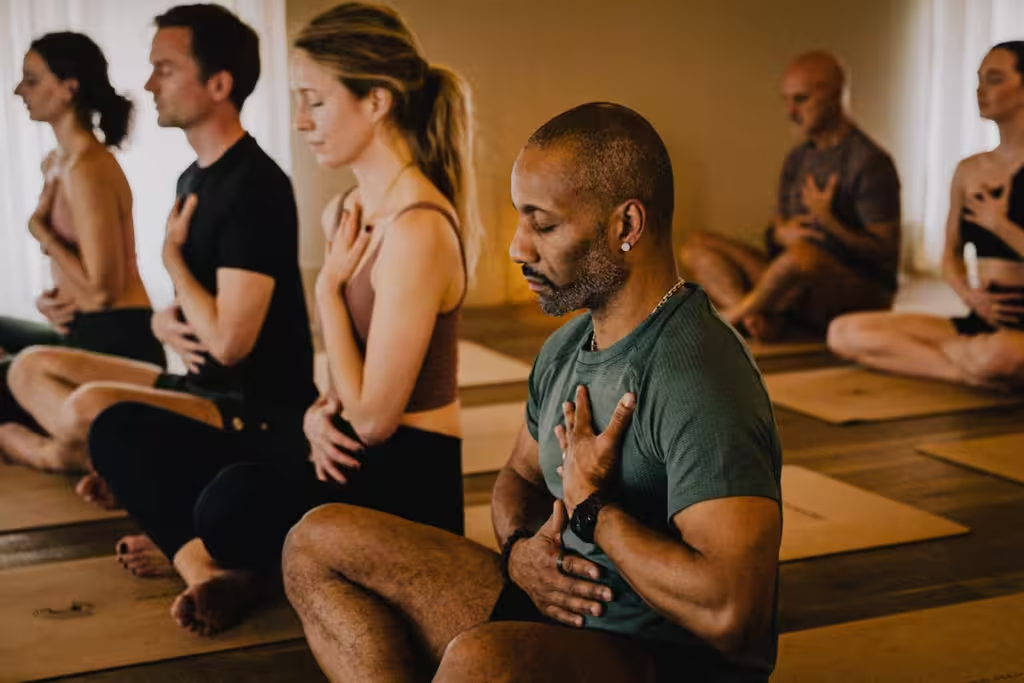IT APPEARS BLOWING away bogeys on your PlayStation could help you nail your KPIs, with a new study showing the much-maligned pastime may cultivate practical skills that could benefit you in the workplace.
A new report in the journal Human Resource Development International has found that, contrary to popular belief, massive multiplayer online gamers learn by gaming and their skills in the workplace are enriched by hours spent playing games like Fortnite and World of Warcraft.
“Online gaming often gets a bad reputation, but our study reveals a different story. We found that gaming can actually help people develop valuable workplace skills,” reports study author Melika Shirmohammadi. “These skills include problem-solving, teamwork, leadership, and even self-confidence. Our research shows that gaming, when done in moderation, can be a way for people to grow both personally and professionally.”
Why gaming builds job skills
Look around your office. It’s likely filled with online gamers. The reasoning is simple: millions of people play “massively multiplayer online” or MMO games, in which they play together in a virtual world. The top three games – World of Warcraft, Destiny 2, and Final Fantasy – claim 150.6 M, 49.7 M, and 60.3 M total players respectively.
“The purpose of the present study was to examine hobby – an understudied but prevalent part of the nonwork domain – to understand if and how MMO gaming positively enriches employees’ work domain,” says Shirmohammadi.
His team conducted a qualitative study among 23 employed MMO gamers who had an average of 20 years of video gaming experience and had played MMO games for at least 10 years.
The MMO games examined (including World of War Craft, EVE and Final Fantasy) require players to coordinate tasks to achieve collective goals, respect team norms (e.g., arriving on time for missions), collaborate with others as part of a team, and avoid reckless or uncalculated behaviours that would jeopardise the mission – in the workplace that might be when your marketing lead brings music into a client presentation.
Gamers are better equipped to manage stress
The reason gamers might be set up to succeed in the workplace is due to their mindset, the researchers found. Gamers reported viewing work as solvable puzzles, and their experience resulted in improved patience in encountering problems and encouraged them to persevere in solving them.
One participant, an engineer, said: “I just see a puzzle and I’m motivated to solve it. So, it’s affected, I guess, my mindset in that way, such that I look at things as solvable…”
Other players say they developed self-confidence through game playing because they feel good about their level of success in the online gaming world. And others reported developing self-awareness as they received feedback on their own skills and how they played alongside team members.
Gamers’ ability with coaching skills – such as evaluating performance, providing feedback, giving instructions and inspiring others – was also traced back to their experiences working with fellow ‘basement dwellers’ taking out trash in games like WOW. Several participants mentioned the similarities between gaming and work that made such skills transferrable.
An IT specialist, described it this way: “I deal with a lot of new people [at work]. Since I kind of go out of my way in game to do all the coaching, I’ve become ahead of some of colleagues in explaining how to do certain things [to new employees] …”
Gamers have resilience
One famous gaming quote underlines the positive mindset gamers bring to the workplace: “Failure doesn’t mean the game is over, it means try again with experience”.
And eventually, levelling up.
Related:
Why Your WFH Office Needs a Gaming Chair
Study Suggests Gaming Can Help You Burn As Many Calories In 2 Hours As You Would Doing 1,000 Sit-Ups















